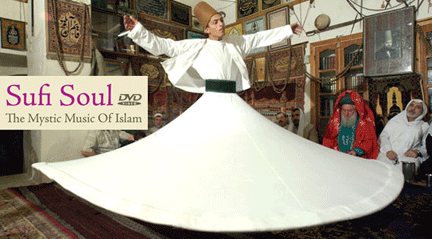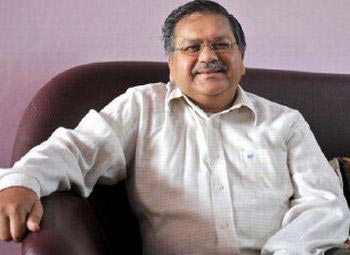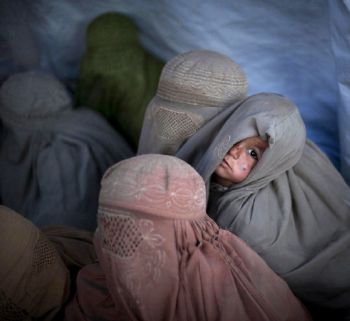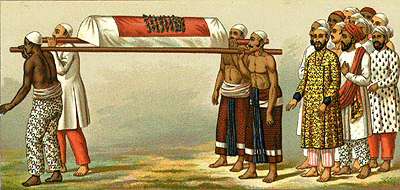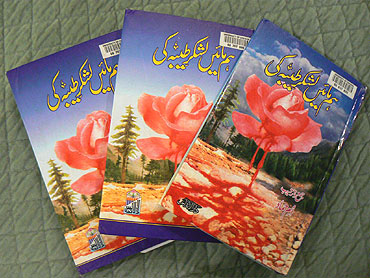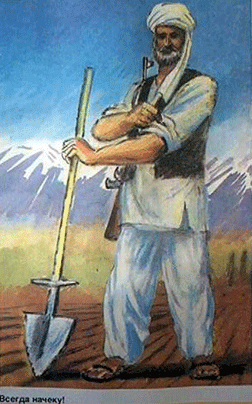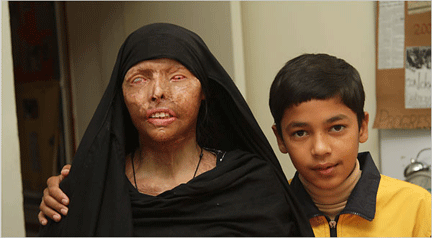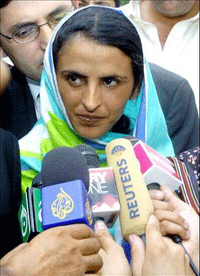
Mukhtaran Mai
Why hedonistic polygyny is against Islam
by A. Faizur Rahman
The marriage, under pressure, of Mukhtaran Mai, the courageous woman who stood up to the atavistic tribal laws of Pakistan after being honour-raped by a gang of human beasts, has brought into focus the enormity of the gender bias prevailing in Muslim societies, particularly through the misuse of the law of polygyny. Without doubt, Ms. Mai is a victim of both emotional and physical blackmail. That she is also a victim of medieval indoctrination can be deduced from her unqualified statement (“A controversial marriage in Pakistan,†The  Hindu, March 30, 2009) that taking a second wife is permitted in Islam. Therefore, it could be said with some conviction that it was the belief that her marriage was not un-Islamic (rather than the fear of jeopardising the marriages of three other women) that prompted her into marrying an already married man. For it is unbelievable that a woman of the mental strength of Ms. Mai could have succumbed to the threats of a cowardly blackmailer. Continue reading Why hedonistic polygyny is against Islam
